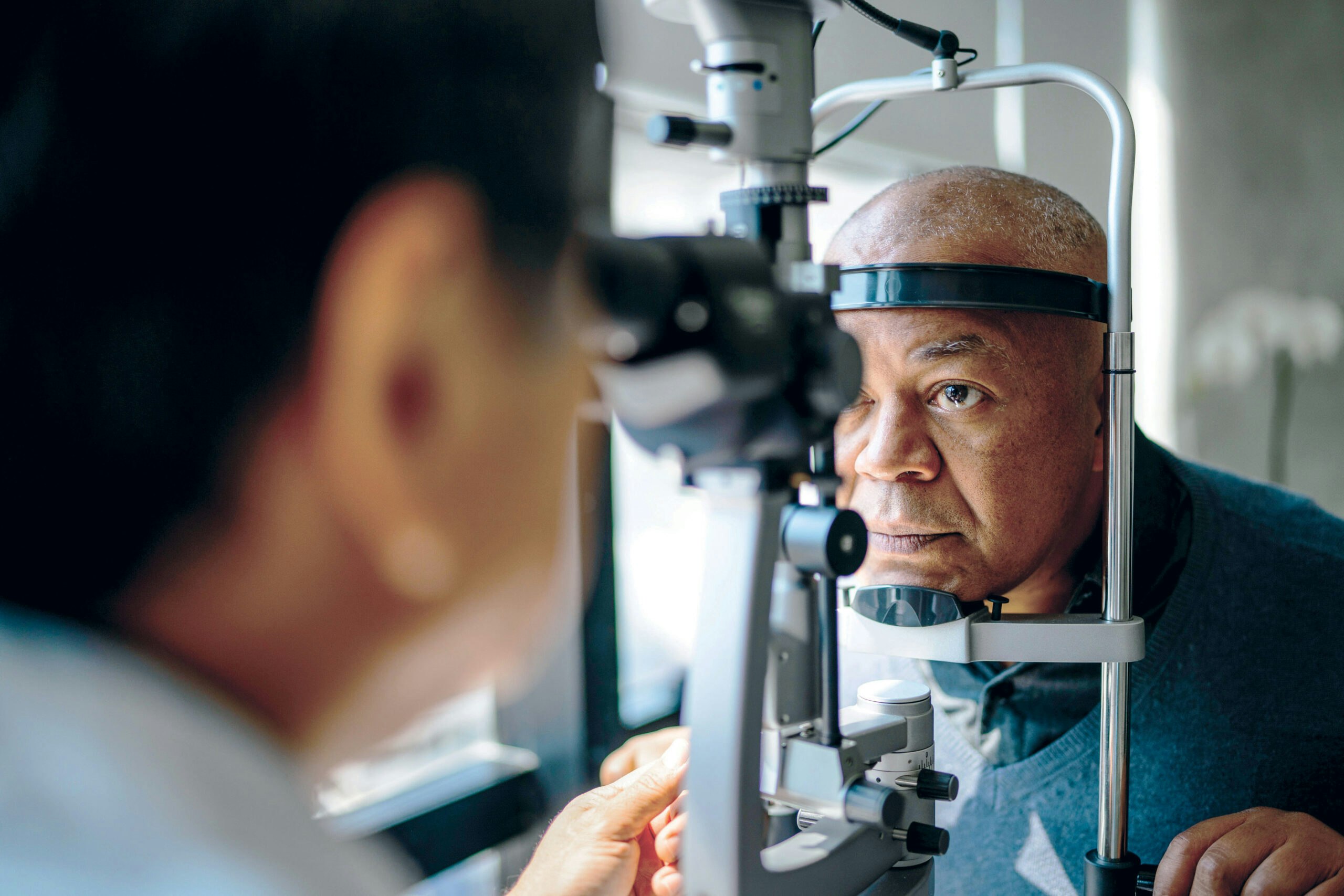Contact Us
If you are an Elderplan Member and have questions or concerns, please contact Elderplan Member Services at 1-800-353-3765 [TTY: 711], 8 a.m. to 8 p.m., 7 days a week or email us at [email protected]

Eye problems are common in people with diabetes, but managing your blood sugar and regular eye exams can help prevent vision loss or may stop it from getting worse. Diabetic retinopathy is a condition that most commonly affects people with diabetes. It occurs when high blood sugar damages blood vessels in the retina. This can cause them to swell and leak, resulting in blurry vision.
The longer you have diabetes, the more likely you are to develop diabetic retinopathy. Your risk also increases if you have high blood sugar, blood pressure or cholesterol, smoke, or are Black, Hispanic or Native American.
During an eye exam, your doctor will check your vision and look at the inside of your eyes. A dye may be used to help detect leaky blood vessels. Tell your eye doctor if you notice changes in your vision, especially if they happen suddenly. Changes may include blurring, spots, flashes, blind spots, distortion and difficulty reading. The earlier eye problems are found and treated, the better for your eyesight.
Protect your vision with these steps:
At Elderplan, we value the health and wellness of our members. Knowing the basics about specific health conditions may help you be more aware of the risk factors to look for. As an Elderplan member, many screenings, like eye exams, may be covered at no cost to you.
If you are an Elderplan Member and need help, contact Member Services. We can assist in scheduling your screening or recommend other care options through one of our programs.
If you are not a Member, please explore our health plan options to see if there is a plan that may suit your needs.
Learn about diabetes and how to manage it before it becomes a serious health problem.
All Resources